Sippy Cups Bad For Teeth
Sippy cups bad for teeth. The American Academy of Pediatric Dentistry recommends that children be weaned from the bottle by 12-14 months of age and be encouraged to drink. If necessary switch to a cup with a reusable straw. Tooth decay in baby teeth sets the stage for problems with permanent teeth like additional cavities and improper placement.
The motor activity of suckling a breast allows the childs oral cavity to develop properly. The childs teeth are immersed in the liquid during drinking and many parents allow unlimited access to the sippy cup. Baby bottle tooth decay is what happens when a child who drinks from a bottle or sippy cup gets cavities on their baby teeth.
This will ultimately erode the enamel on the teeth and your child may be in for a lifetime of dental woes. The aim is to shift from sucking to sipping. Tooth decay and teeth misalignment.
The results are in and sippy cups may not be dangerous if used in moderation but over-reliance can lead to very real problems with a kids. No-spill cups have a valve that stops spills and the only way your child can drink from a no-spill cup is to suck not sip. This can lead to two major problems in toddlers.
The sippy cup filled with sweetened liquids can cause the same damaging effects. Toddlers are literally dousing their. March 22 2002 -- Toddlers love their sippy cups but those cups -- as convenient as they are -- are causing far too many cavities says the nations dentists.
Unfortunately with long-term use they are not good for teeth. Training cups with two handles. Bad breath Beyond dental health sippy cups have also been connected to increased risk of sickness because of contaminationfilled with sweet liquid and toted around with your toddler all day sippy cups are perfect environments for bacteria to multiply.
The childs teeth are immersed in the liquid during drinking and many parents allow unlimited access to the sippy cup. A cup with a snap-on or screw-on lid that has a spout but no valve.
If necessary switch to a cup with a reusable straw.
Tooth decay and teeth misalignment. Heres what you can do to protect your infants chompers. If necessary switch to a cup with a reusable straw. My wife and I went through several different types of sippy cups trying to find the right one that was not only easy to use and clean but was also safe for our sons teeth. Training cups with two handles. The childs teeth are immersed in the liquid during drinking and many parents allow unlimited access to the sippy cup. Tooth decay and teeth misalignment. The American Academy of Pediatric Dentistry recommends that children be weaned from the bottle by 12-14 months of age and be encouraged to drink. My kids have bad baby teeth but healthy adult teeth here is what my dentis told me that so long as the sippy cup bottle isnt being held in the mouth all night meaning they drink it and go back to sleep and the teeth are being brushed shortly after they wake up it really isnt an issue there is also a flouride mouth rinse that can be bought in most store that should be applied with either your finger.
Training cups with two handles. Do not let your child drink from a cup that is scratched or damaged A worn cup with scratches is more likely to harbor bacteria and if the damaged cup contains bisphenol A BPA may release small amounts of the chemical. Tooth decay and teeth misalignment. Sippy cups cause tooth decay and cavities. My wife and I went through several different types of sippy cups trying to find the right one that was not only easy to use and clean but was also safe for our sons teeth. No-spill cups have a valve that stops spills and the only way your child can drink from a no-spill cup is to suck not sip. Sippy cups are meant to transition an infant out of breast or bottle feeding but their efficiency at containing spills with their hard-topped lids have prolonged their use beyond the suggested duration encouraged by dental professionals.









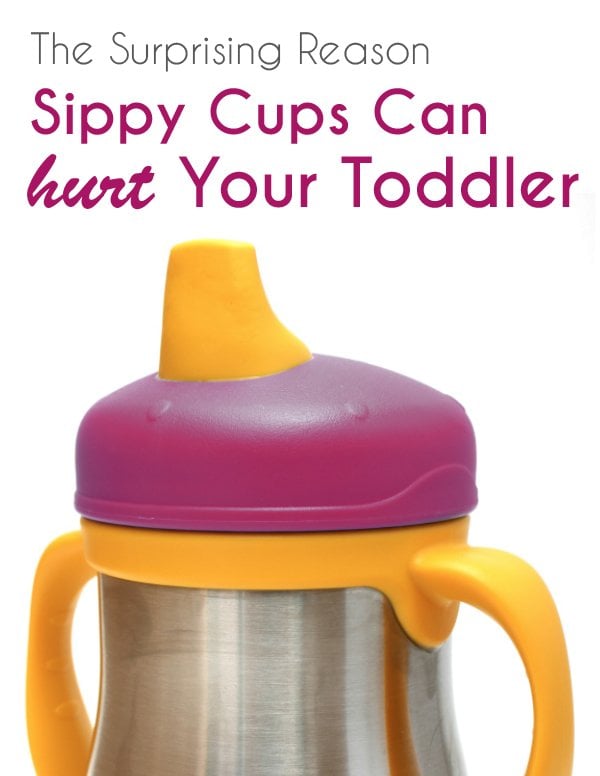



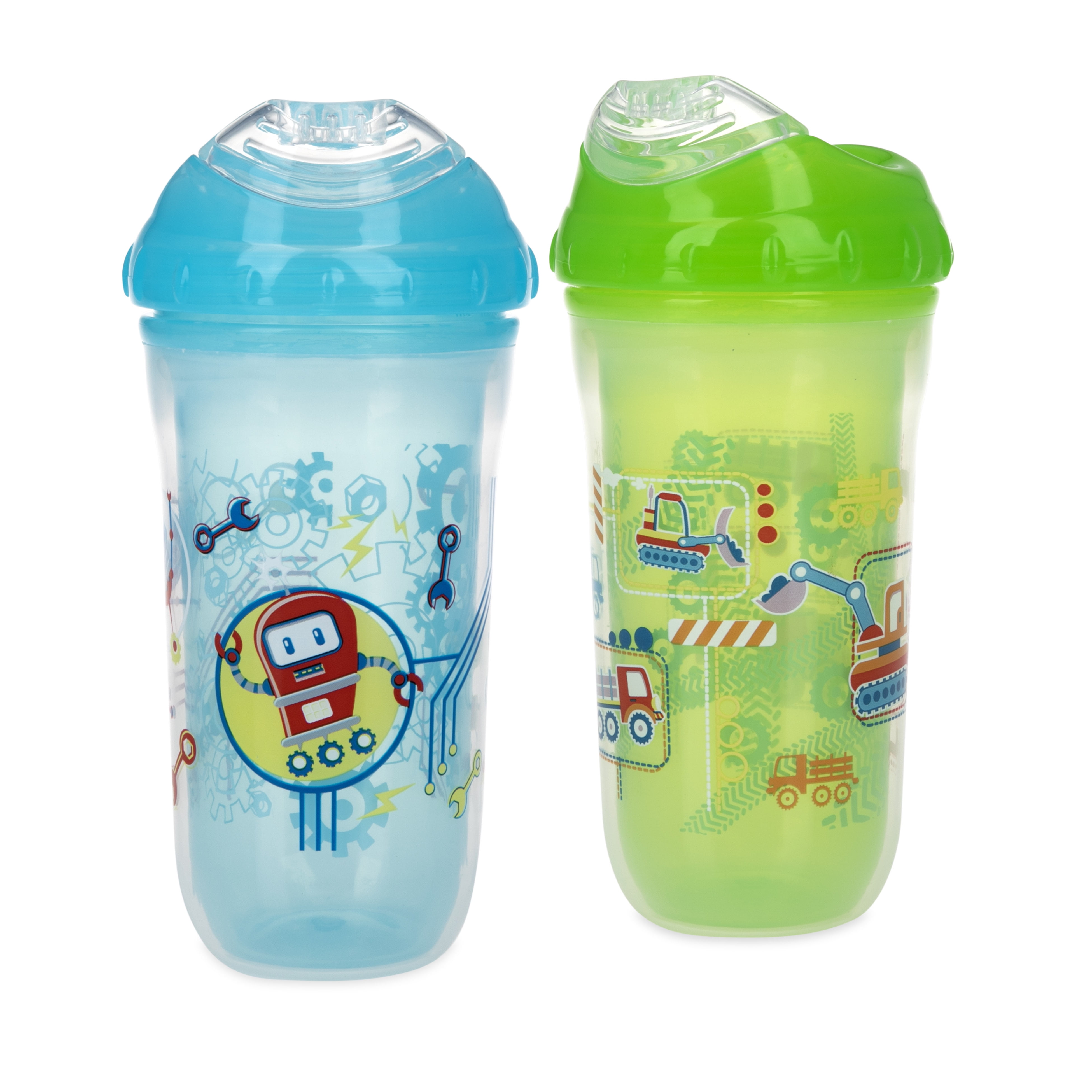
/815-NsIYSYL._SL1500_-5af07692c064710036a34614.jpg)
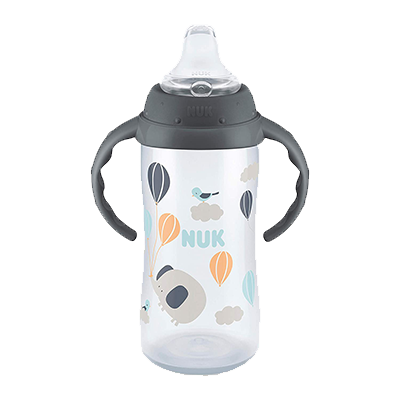



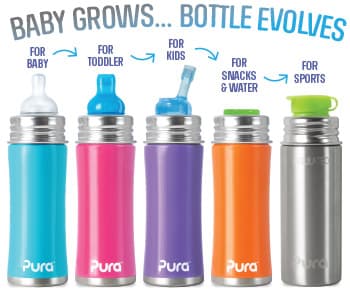
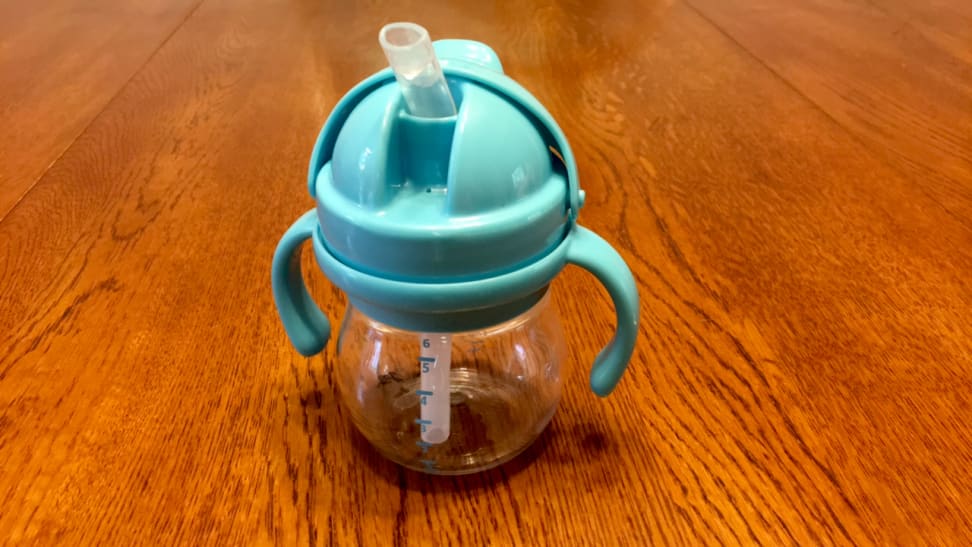
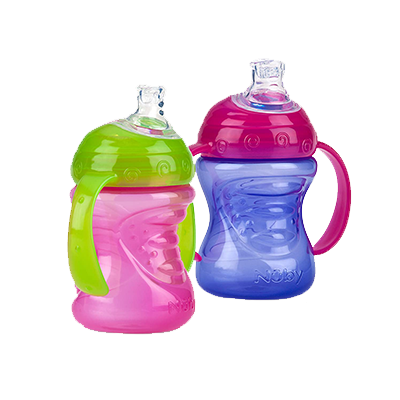


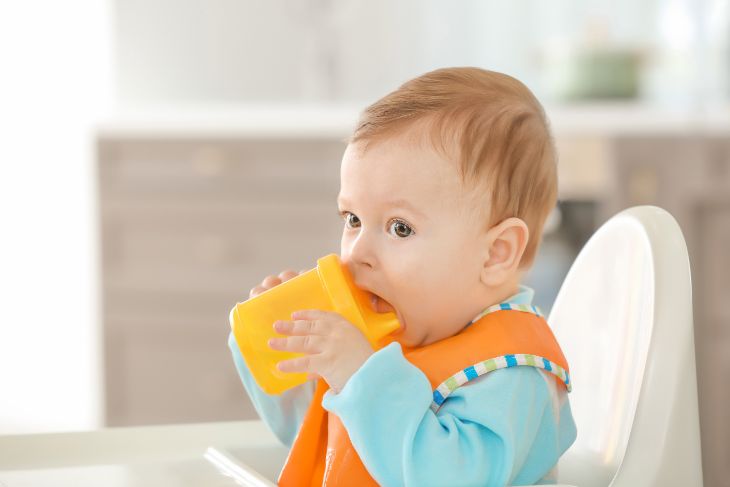


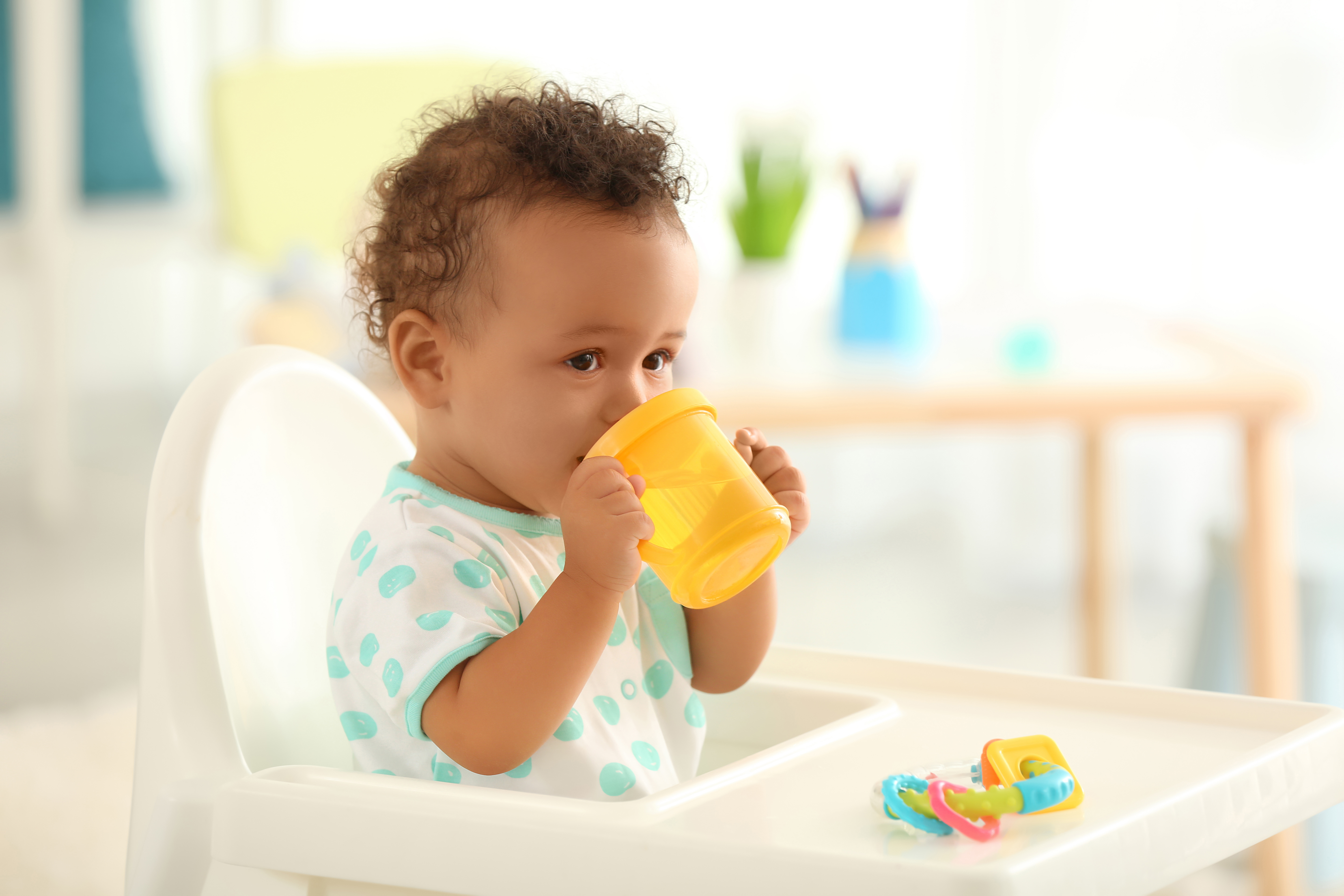

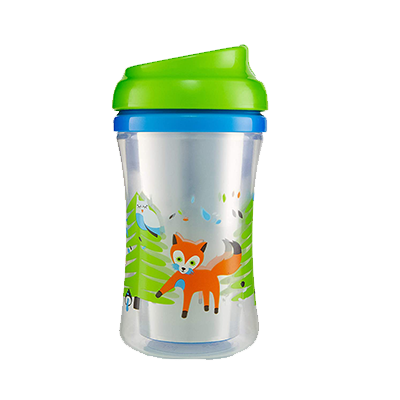
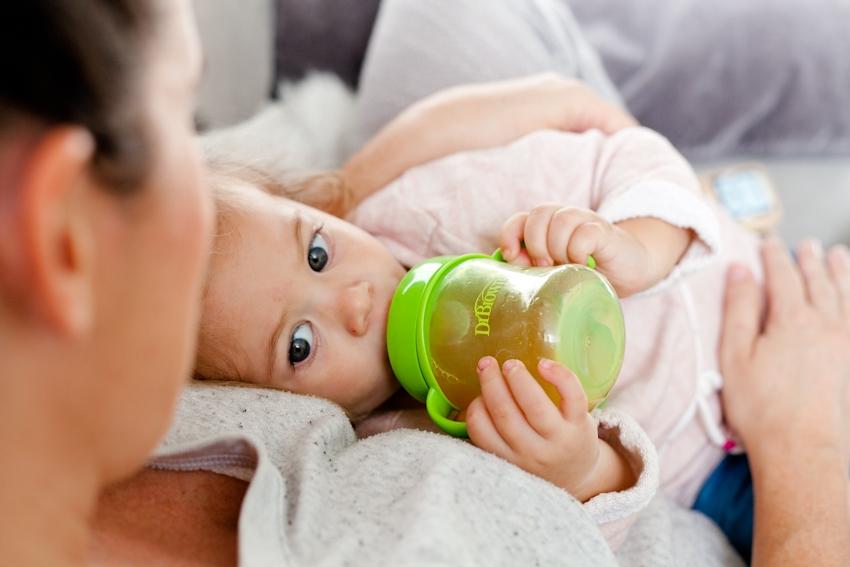
/VW-Fam-v2-The-6-Best-Straw-Sippy-Cups-of-2021-4169542-recirc-459d35eafc994823a05d39801ab46bad.jpg)







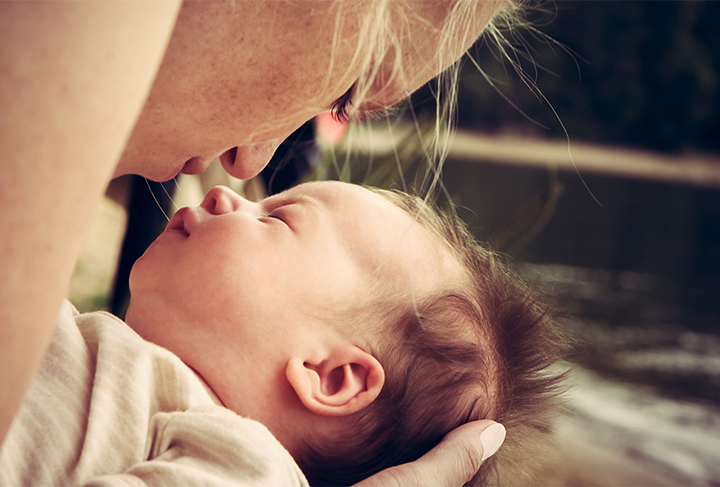

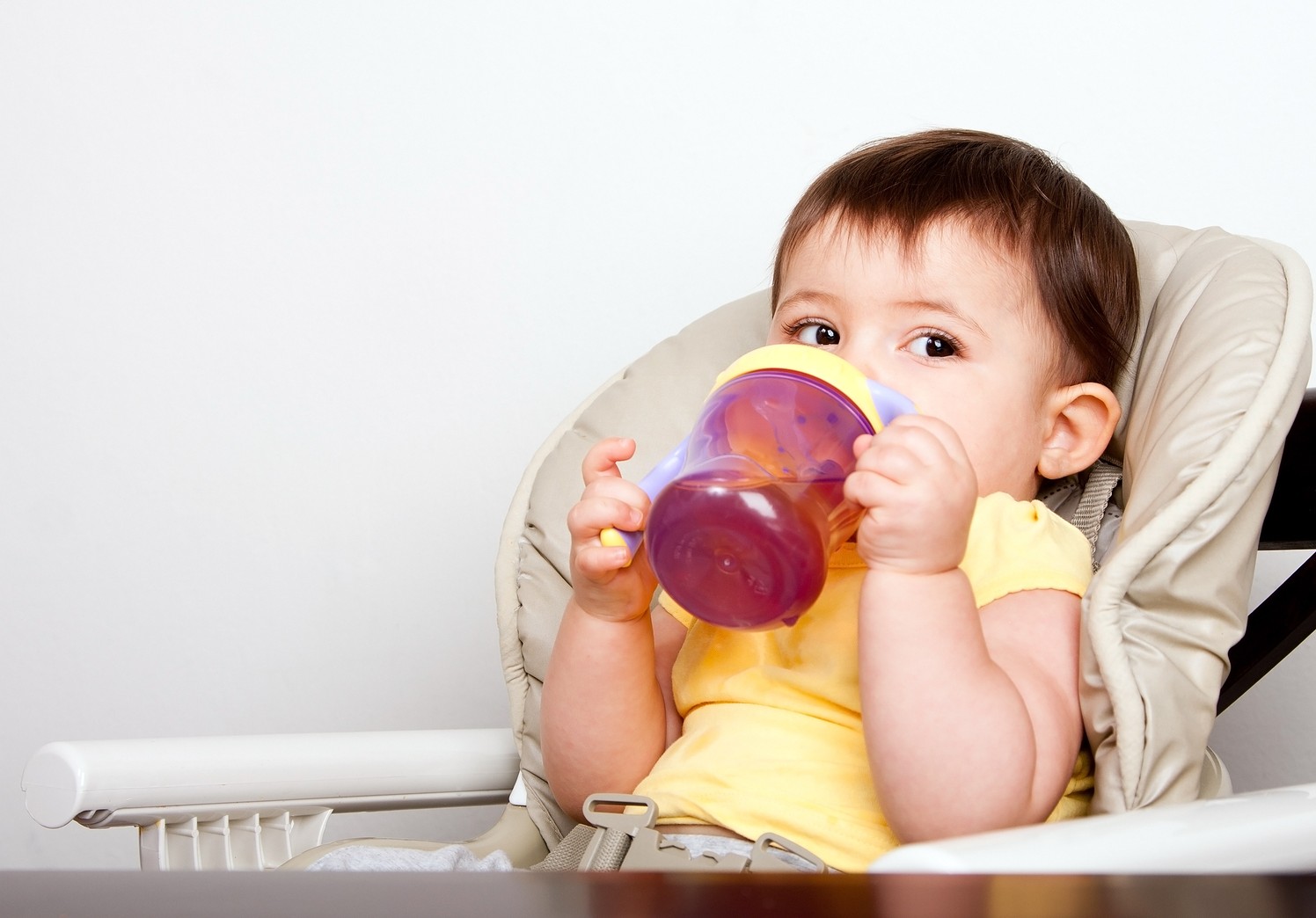
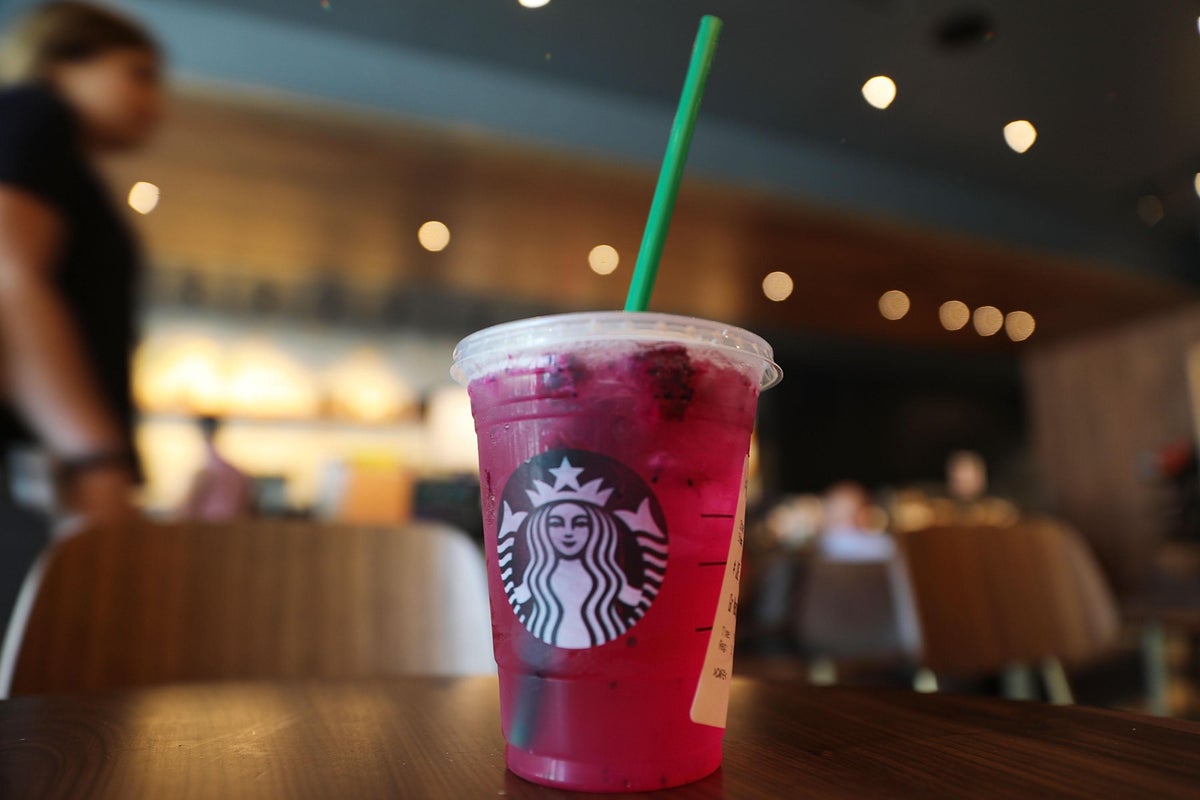
Post a Comment for "Sippy Cups Bad For Teeth"